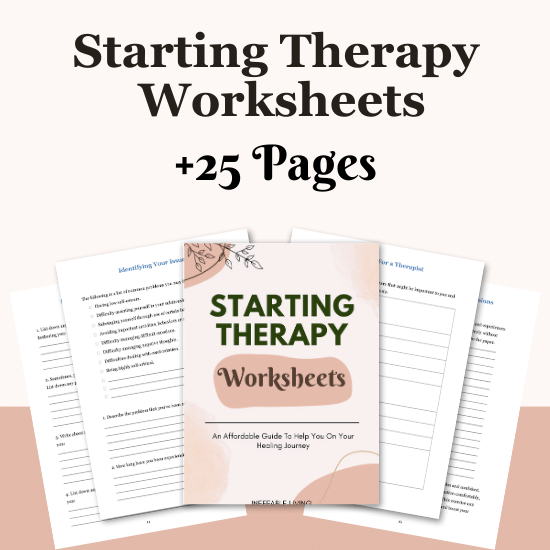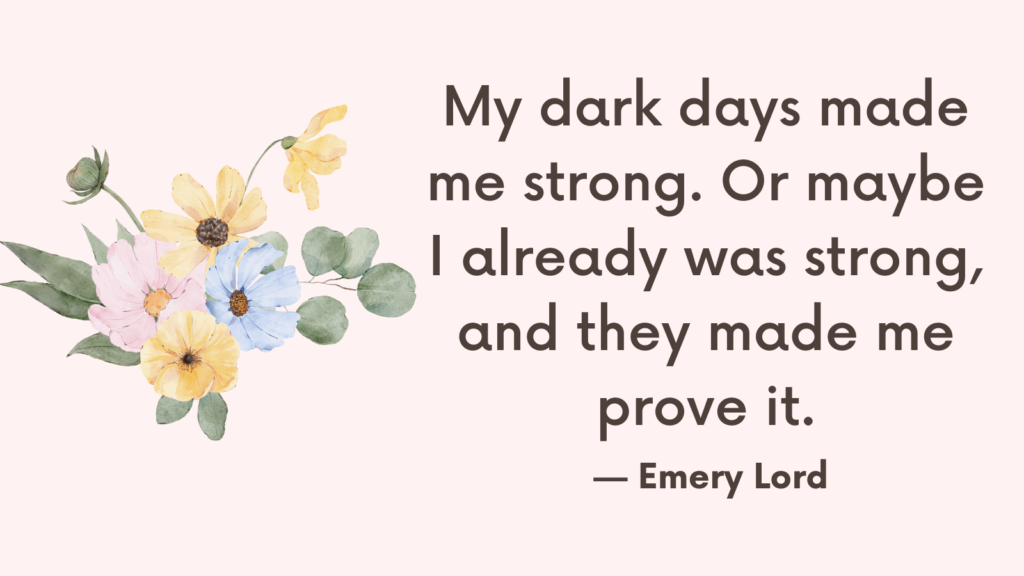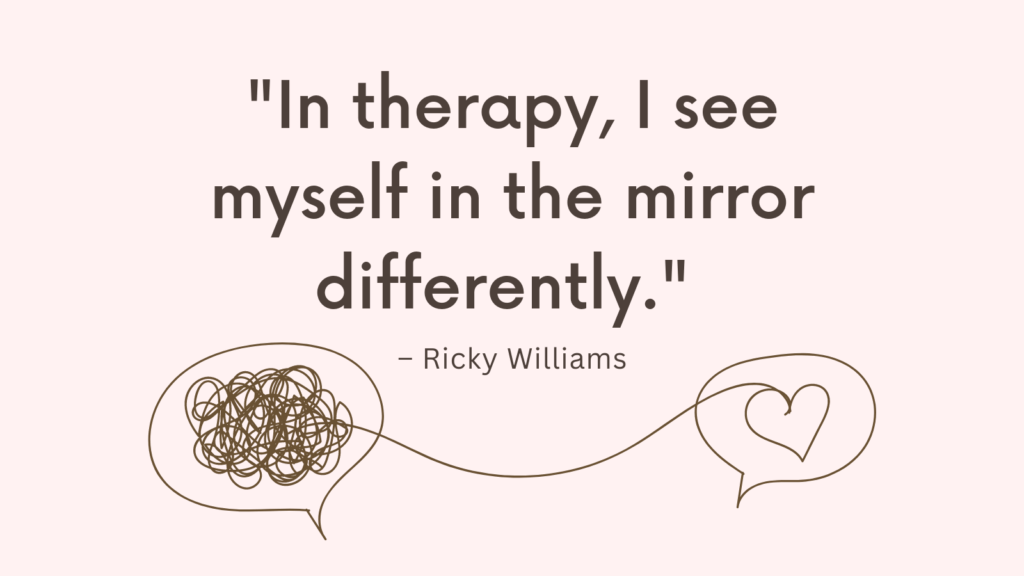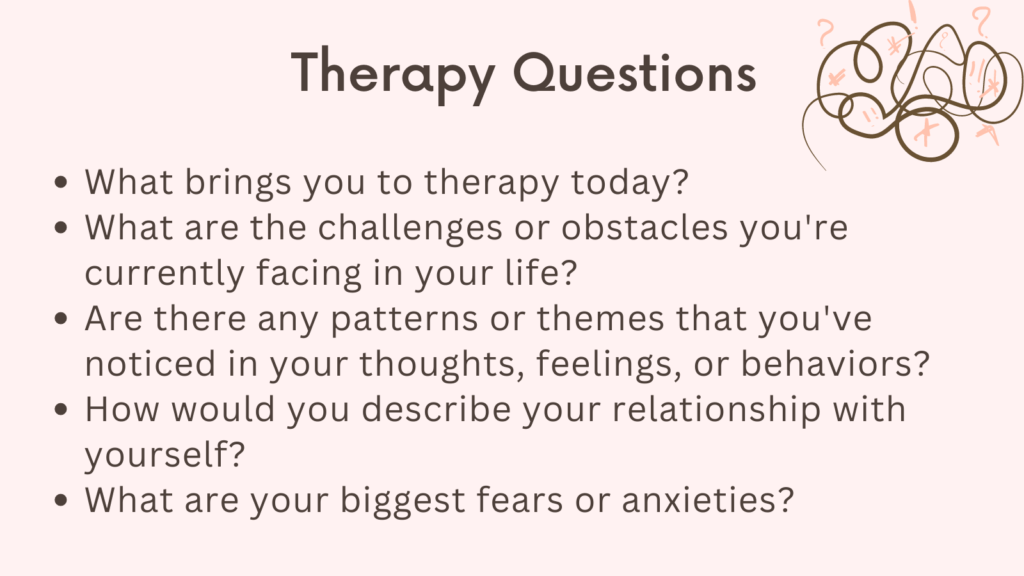In this post, you’re going to learn how to reach out to a therapist for the first time.
How to Reach Out to a Therapist for the First Time?
Reaching out to a therapist for the first time can be a significant and sometimes daunting step. However, seeking professional support is an important decision that can lead to valuable insights, personal growth, and improved well-being.
Here are some practical strategies for initiating contact with a therapist:
1. Identify Your Specific Concerns
Reflect on the specific challenges or issues that you would like to address in therapy.
This might include symptoms of anxiety, depression, relationship difficulties, grief, trauma, or other mental health concerns.
Clarifying your primary concerns can help you articulate your needs when reaching out to a therapist.
2. Research Potential Therapists
Take the time to research and identify potential therapists who specialize in the areas of your concern.
Consider factors such as their credentials, areas of expertise, therapeutic approach, and whether they have experience working with issues similar to yours.
Related: Do I Need Therapy Quiz (+FREE Therapy Guide)
3. Seek Referrals
Ask trusted friends, family members, or healthcare professionals for recommendations.
Referrals from individuals who have had positive experiences with a particular therapist can provide valuable insight into their approach and effectiveness.
4. Contact Therapists Directly
Reach out to therapists directly via phone or email. Introduce yourself briefly, express your interest in seeking therapy, and inquire about their availability and approach to treatment.
Many therapists offer initial consultations or phone calls to discuss your needs and determine if there is a good fit.
5. Inquire About Fees and Insurance
Understand the therapist’s fee structure and whether they accept your insurance, if applicable.
It’s important to have clarity about financial considerations before beginning therapy.
Related: Why Is Trauma Therapy So Hard? (+Best Trauma Healing Exercises To Support Your Recovery)
6. Prepare Questions
Prepare a list of questions and topics that you would like to discuss with the therapist. These might include:
- Can you tell me about your approach to therapy and the techniques you use?
- What are your qualifications and experience in treating my specific concerns?
- What can I expect from our therapy sessions in terms of frequency, duration, and goals?
- How will we measure progress and evaluate the effectiveness of our work together?
- Are there any specific strategies or resources you recommend for managing my symptoms between sessions?
Asking these questions can help you feel more informed and comfortable as you start your therapy journey.
7. Request a Consultation
Many therapists offer an initial consultation or assessment session.
Use this opportunity to discuss your concerns, ask questions, and gauge whether you feel comfortable and supported by the therapist.
Building a strong therapeutic alliance is crucial for the effectiveness of treatment.
Related: Do We Need Couples Therapy Quiz
Email Template
Subject: Inquiry Regarding Therapy Services and Approach
Dear [Therapist’s Name],
I hope this message finds you well. I am reaching out to inquire about your therapy services and approach as I consider seeking support for some personal challenges I have been facing.
Specifically, I would appreciate it if you could provide some insight into the following:
1. Your approach to therapy and the modalities or techniques you commonly employ.
2. Your experience in working with individuals who are dealing with [briefly mention your specific concerns or challenges].
3. The structure and frequency of therapy sessions, as well as your general philosophy on progress and goal setting.
4. Any specific strategies or resources you recommend for managing symptoms between sessions.
5. What are your fees for individual therapy sessions, and do you offer any sliding scale options or flexible payment plans?
6. What is your cancellation policy, including any potential fees for missed appointments or late cancellations?
Thank you for taking the time to consider my inquiry. I look forward to learning more about your practice, your approach to therapy, and the practical aspects of engaging in therapy with you.
Warm regards,
[Your Name]
[Contact Information]

Conclusion
By taking these steps and maintaining an open and proactive mindset, you can start the process of reaching out to a therapist with confidence and purpose.
Seeking professional support is an investment in your well-being and personal growth, and I encourage you to approach the process with self-compassion and determination.
Remember that therapists are dedicated to providing a safe and supportive space for individuals to explore their concerns and work toward positive change.



